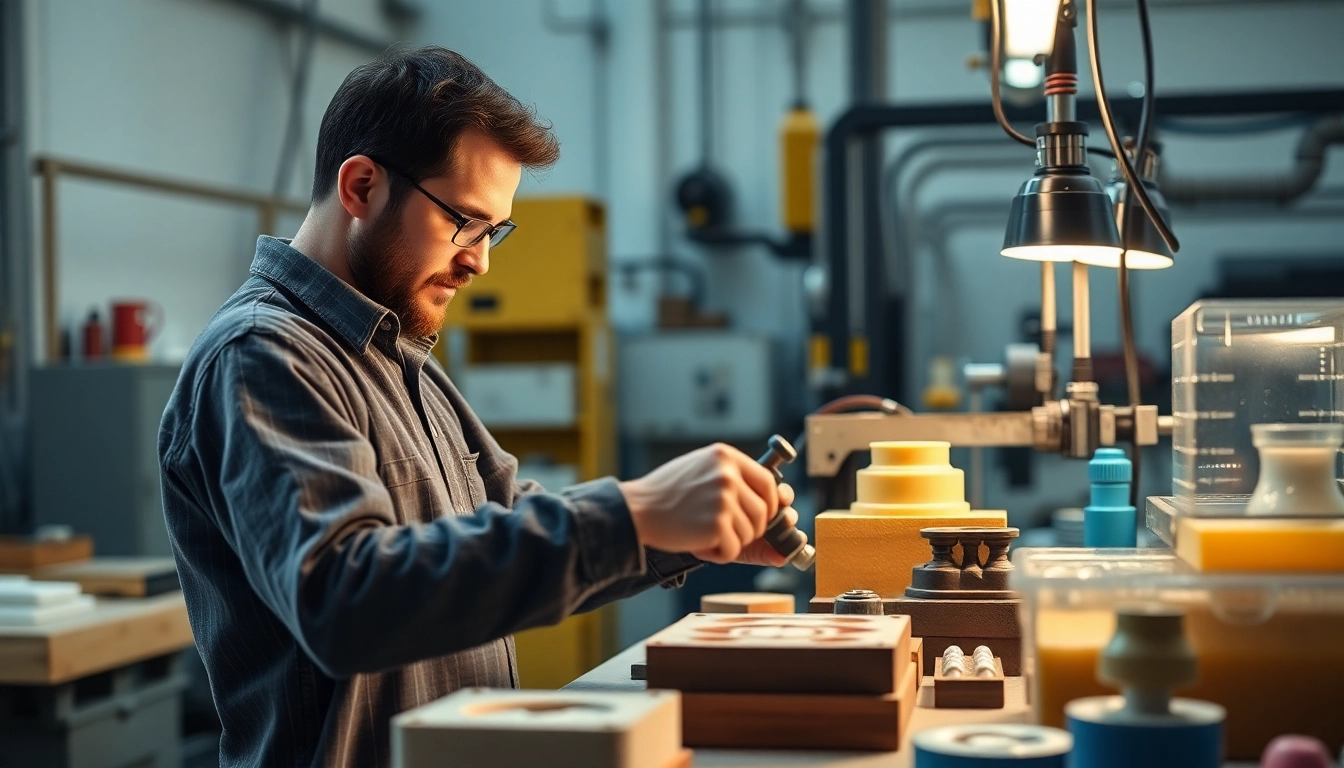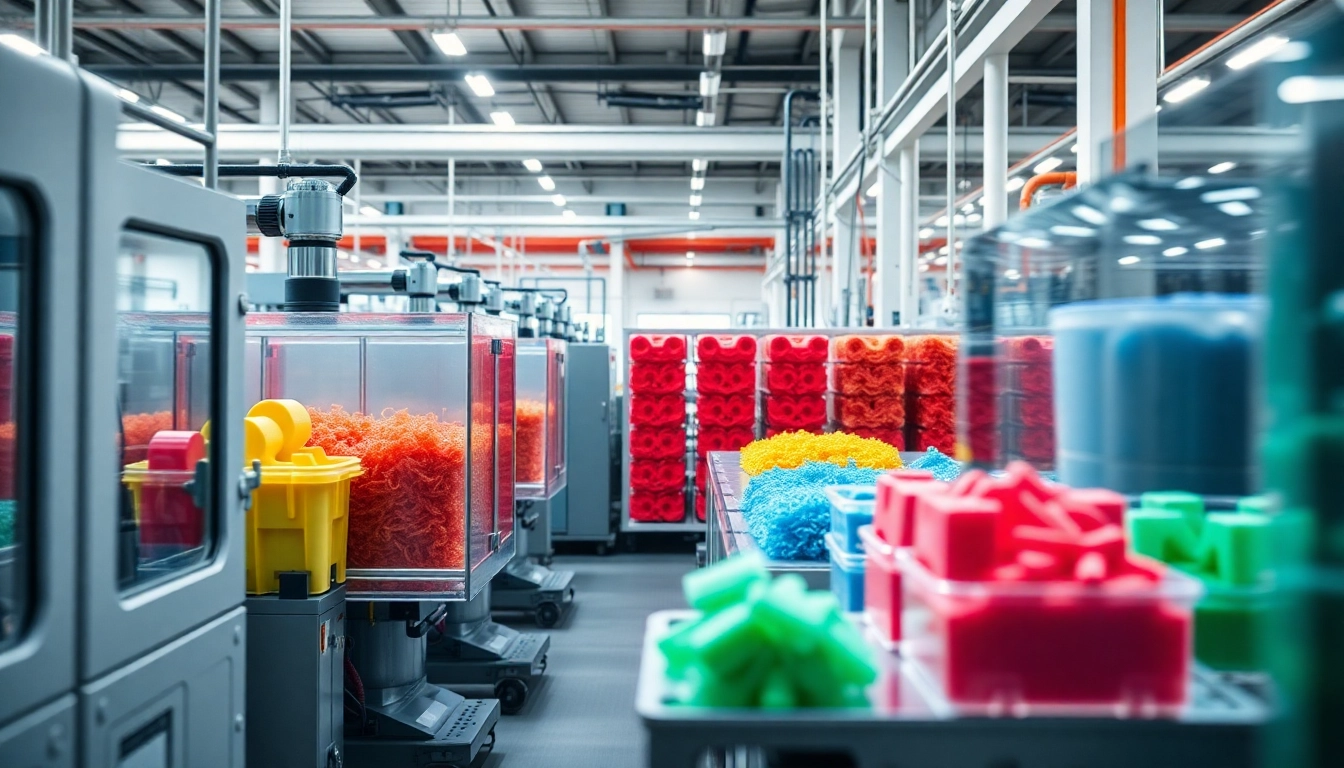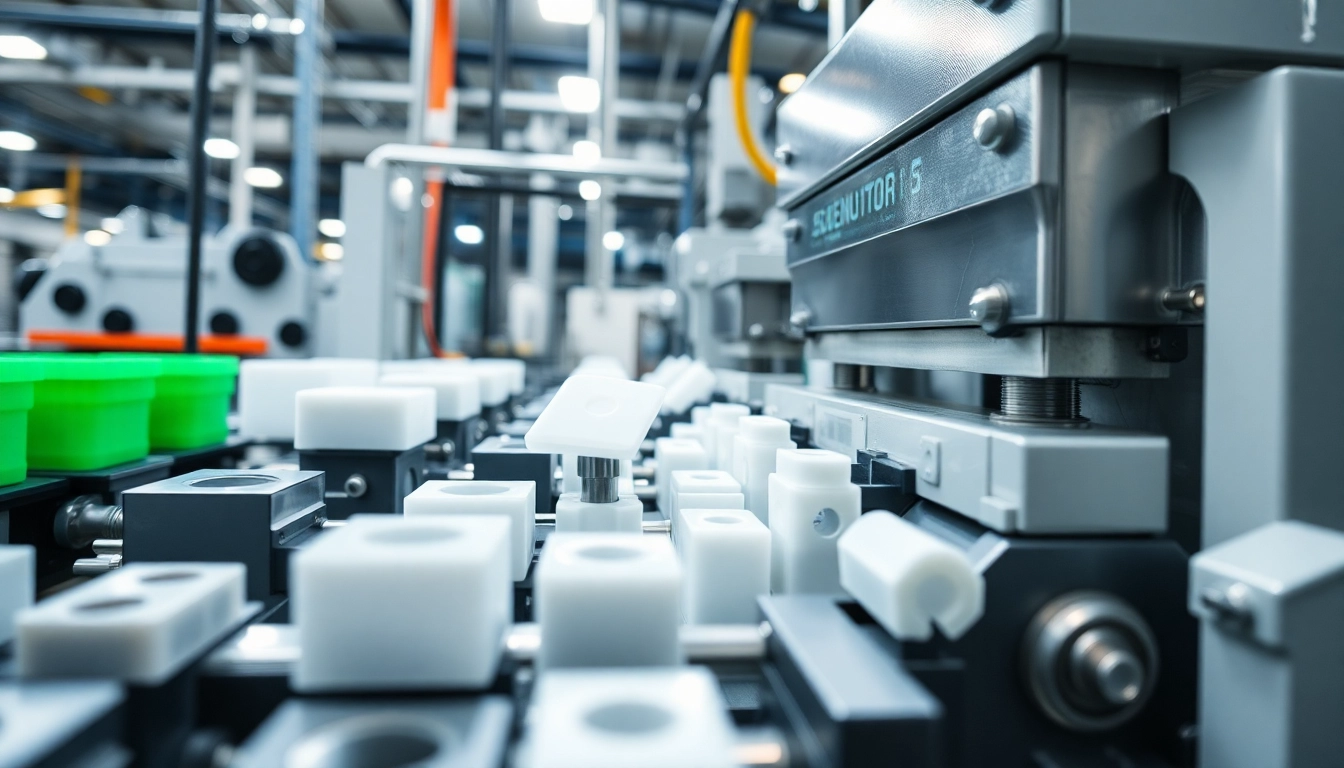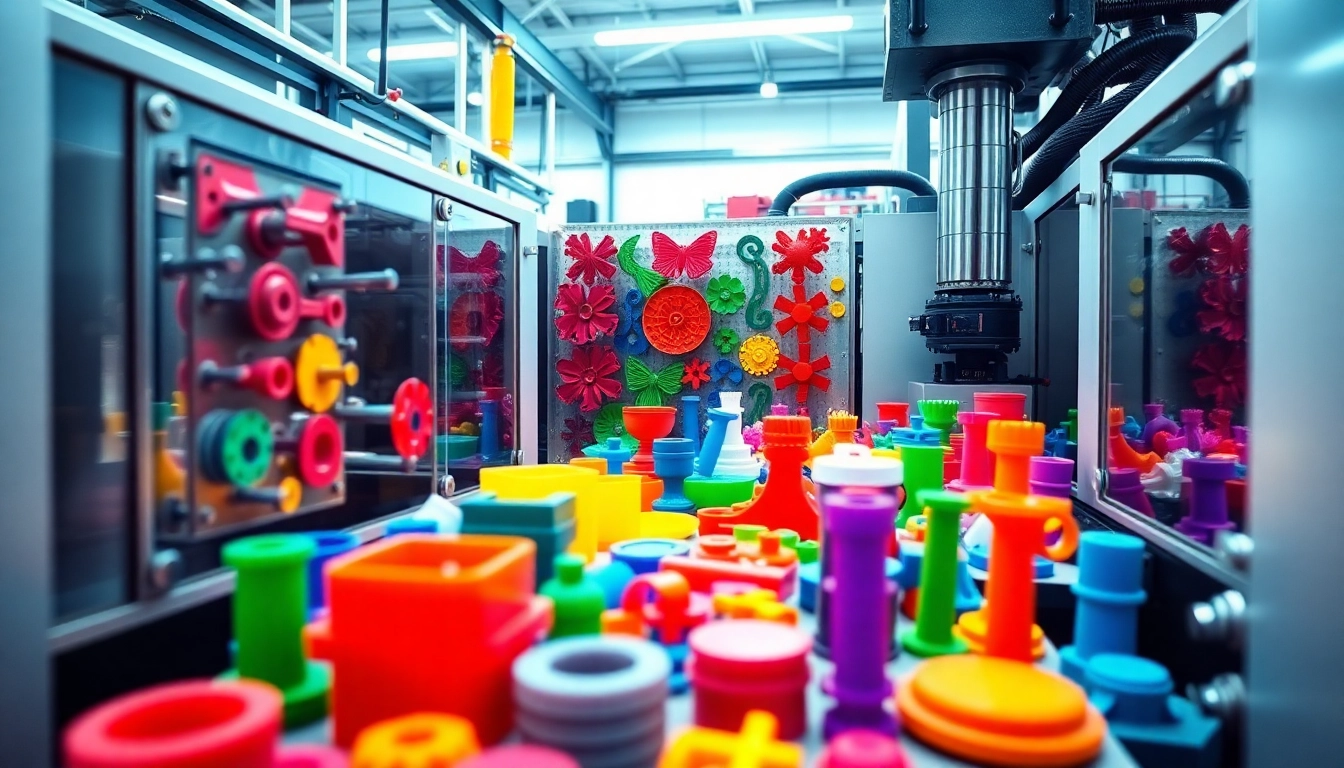Understanding the Role of a Mold Maker for Injection Molding
Injection molding is a fundamental process in manufacturing a vast array of products, from automotive components to household items. At the heart of this process lies the crucial role of a mold maker for injection molding, who is responsible for creating molds that dictate the shape and structure of the final product. As industries continue to evolve, the demand for precision and efficiency in mold making has never been greater. This article delves into the intricacies of mold making, its significance, and the essential qualifications required for mold makers.
What Does a Mold Maker Do?
A mold maker specializes in designing and fabricating molds used in the injection molding process. This starts from interpreting product designs and specifications, collaborating with engineers and designers to understand intricacies. The mold maker uses advanced machining techniques to cut and shape materials such as steel or aluminum into the desired mold structure. They must ensure that the mold meets exacting tolerances to create high-quality, consistent products.
Beyond just creating the molds, a mold maker is involved in testing and fine-tuning these molds. They assess the molds’ performance during the trial runs of the injection molding process, making adjustments as needed to prevent defects in the final product. This iterative process is critical in ensuring efficiency, particularly for high-volume production runs.
Key Skills and Qualifications of a Mold Maker
Mold makers require a blend of technical skills and hands-on experience. Key qualifications include:
- Technical Proficiency: Knowledge of computer-aided design (CAD) software is essential for mold design.
- Machining Skills: Experience with various machining processes, including CNC machining and electrical discharge machining (EDM).
- Problem-Solving Ability: Aptitude for troubleshooting issues that arise during mold production and trial runs.
- Attention to Detail: Precision is crucial; even minute discrepancies can lead to product defects.
- Collaboration: Capability to work seamlessly with engineers and other team members to refine designs.
Most mold makers possess formal education in mechanical engineering or a related field, along with relevant certifications or apprenticeships in mold making.
The Importance of Precision in Mold Making
Precision in mold making cannot be overstated. The success of the injection molding process is heavily reliant on the accuracy of the mold. High-quality molds ensure that products meet specifications and function effectively. Precision affects several outcomes, including:
- Product Quality: Precision molds reduce the risk of defects such as warping, thinning, or incomplete parts.
- Production Efficiency: Accurate molds streamline production, minimizing downtime caused by adjustments and repairs.
- Cost-Effectiveness: By reducing waste and defects, precision molds lower production costs significantly.
Different Types of Injection Molding Processes
Understanding the various injection molding processes is essential for selecting the right technique for your project. Each method has its unique advantages and is suited for specific applications.
Overview of Common Injection Molding Techniques
The primary injection molding techniques include:
- Standard Injection Molding: This process involves melting plastic and injecting it into a mold under high pressure. It is the most widely used method for producing standard plastic parts.
- Gas-Assisted Injection Molding: This technique introduces a gas into the mold during the injection process, creating hollow sections within parts and reducing material usage.
- Injection Stretch Blow Molding: Typically used for producing hollow items such as bottles, this process stretches the material as it is blown into the desired shape.
- Multi-material Injection Molding: This process allows for the injection of two or more materials simultaneously, enabling the creation of complex parts with varied properties.
Material Choices for Injection Molds
The choice of materials for manufacturing injection molds can significantly impact the performance and cost of the molding process. Common materials include:
- Steel: Known for its durability and longevity, steel molds are ideal for high-volume production runs.
- Aluminum: Lighter and easier to machine than steel, aluminum molds are more cost-effective for low to medium production volumes.
- Hardened Steel: These molds are designed for high wear resistance, making them suitable for abrasive materials.
When to Use CNC Machining vs. EDM
Choosing between CNC machining and EDM (Electrical Discharge Machining) often depends on the specific requirements of the mold:
- CNC Machining: Best for creating molds with simple geometries and larger features, CNC provides versatility and quick turnaround times.
- Electrical Discharge Machining: Ideal for intricate designs and complex features where precision is paramount. EDM excels in creating fine details, particularly in hardened materials.
Choosing the Right Mold Maker for Your Project
Selecting the right mold maker can significantly impact the success of your injection molding project. The right partner not only understands the technical requirements but also aligns with your production goals.
Criteria to Evaluate Potential Mold Makers
When assessing mold makers, consider the following criteria:
- Experience: Look for a proven track record in producing molds for similar applications.
- Technical Capabilities: Evaluate their access to advanced technology and materials that match your project requirements.
- Communication: Clear communication channels are vital for ensuring alignment throughout the project.
- Cost Structure: Understand their pricing model and ensure it fits within your budget constraints.
Questions to Ask Before Hiring
To make an informed decision, ask potential mold makers the following questions:
- Can you provide case studies or references from previous clients?
- What is your typical turnaround time for mold production?
- How do you handle revisions or adjustments during the mold making process?
- What quality control measures do you implement?
Case Studies of Successful Mold Making Partnerships
Observing successful partnerships can provide valuable insights. For instance, a leading automotive parts manufacturer collaborated with a mold maker specializing in precision engineering. This partnership resulted in a significant reduction in production time by streamlining mold integration processes and enhancing product consistency.
Cost Considerations in Mold Making for Injection Molding
Understanding the financial elements involved in mold making is critical for ensuring project feasibility and success. Multiple factors influence costs, and being aware of these can help in budgeting effectively.
Factors Influencing Mold Making Costs
Several key factors affect the costs associated with mold making, including:
- Complexity of the Mold: More intricate designs typically require more labor and advanced technology, increasing costs.
- Material Selection: The choice of materials can greatly impact the total cost. Higher quality materials often yield longer-lasting molds.
- Production Volume: Higher volume production often justifies the initial investment in more durable molds.
Budgeting for Your Injection Molding Needs
Creating a comprehensive budget should consider all costs associated with mold making, including design fees, material costs, machining, and any future modifications. It’s wise to account for unexpected expenses as well.
Comparing Quotes from Different Mold Makers
When seeking quotes, it’s essential to look beyond the initial price. Analyze the qualifications, technologies, and potential timeframes each provider offers. Request detailed quotations that break down costs to facilitate comparison and decision-making.
Best Practices for Working with Your Mold Maker
Establishing a productive relationship with your mold maker is crucial to the success of your project. Implementing best practices can enhance collaboration, improve outcomes, and save time and resources.
Communication Strategies to Ensure Quality
Open and frequent communication with your mold maker is essential. Establishing regular check-ins and using project management tools can help track progress and address any concerns promptly.
Monitoring Progress and Quality Control
Monitoring the production process and maintaining stringent quality control measures helps ensure the mold meets all specifications. Consider involving quality assurance teams early in the process to facilitate standards enforcement from start to finish.
Maintaining Relationships with Mold Makers
Building long-term relationships with mold makers can be beneficial for both parties. Loyalty can lead to better overall service, more favorable pricing on future projects, and enhanced rapport. Regular feedback and open dialogues help fortify these partnerships.



